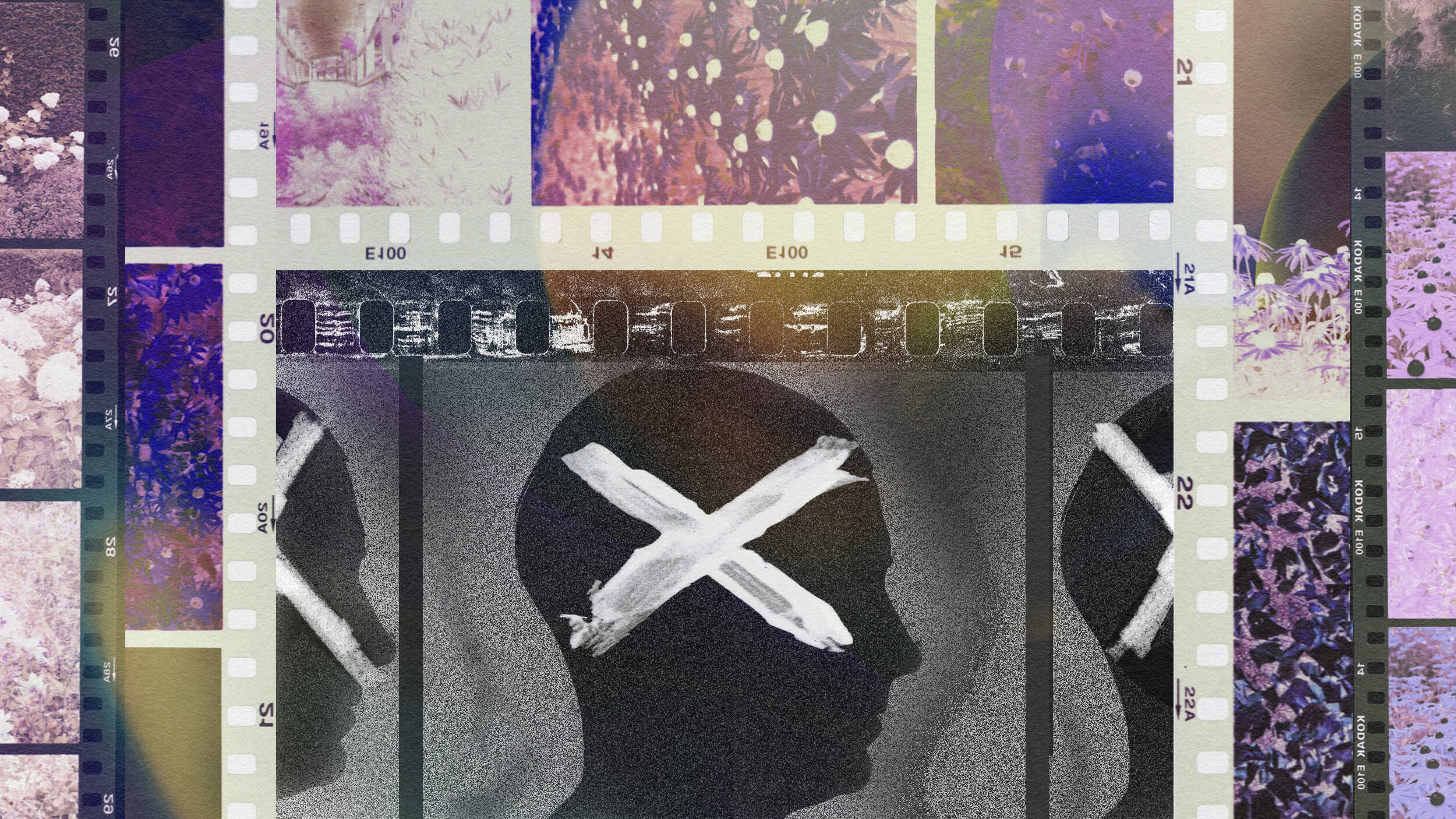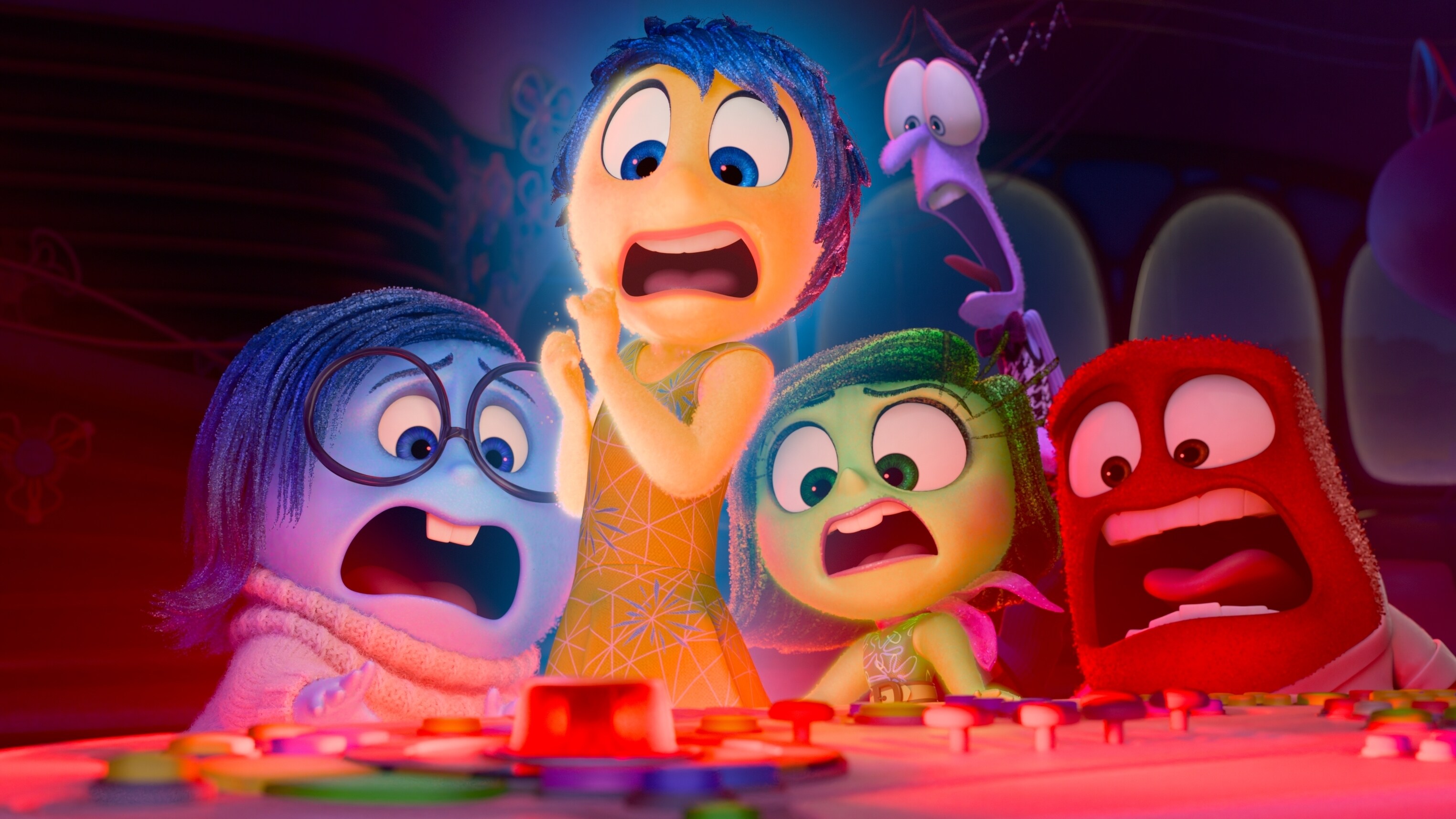Lidia Bastianich recalls her culinary childhood in Istria.
Question:What sparked your interest in food?
Lidia Bastianich: My initial understanding maybe of food and ultimately falling in love with food and production of food was in the courtyard where my family lived with my grandmother and my great aunt. And so these little pockets of houses surrounding this courtyard were . . . chickens and geese ran freely. We had ducks. We had rabbits, goats. The gardens were in the back. So to grow up in a situation where the primary elements of nourishment are actually being raised and produced . . . We had olive groves, and remember we made olive oil. We had wine . . . wine . . . okay. We had grapes growing. And ultimately in September wine was produced. We grew our own products, but also animals like the pig. And again November the slaughter, the drying and curing of prosciutto. So all of these elements I grew up with. I grew up with the pristine flavors – the real flavors – of nature in its most simplest form. And that is, I think, my palate for everything that followed.
Question: What is the biggest challenge the food industry faces?
Lidia Bastianich: I think in the food . . . in the field of food, the big problem that we have is the availability, and the hunger that is present in the world. I don’t think that is necessary. And the question that follows or the answer that follows is that will there be availability in time to come? So the environment, and how we take care of the environment; and the interjection of technology, of industry, of whatever altering things. Are they all for our benefits? And ultimately are they . . . are we gonna have enough food?
Question:Do you have a personal philosophy?
Lidia Bastianich: I am philosophical. I am very spiritual. I am also philosophical because food is keep . . . keeps us alive. And therefore to be able to excel and produce something that, at the very basis, keeps people alive, it’s . . . it lets me think about many more things. You know what else does food do? Communicates socially. It communicates . . . So my philosophy on dining, ___________, families eating together, which is sort of hopefully coming back; and respect of food; and eating and not wasting food because there is so much hunger out there. There is a humanistic philosophy that cannot be . . . for me, cannot be detached from being a cook or a chef. Because I can use the gift that I have for spectacular and expensive meals. I can use the gift that I have to nurture somebody if they’re ill. I can use the gift that I have to spread so that I can nourish where there is less to eat. So I feel blessed, but also with a responsibility in what I do.
Question:How can we eat better?
Lidia Bastianich: I think we need to begin with a better understanding and try to educate ourselves. But also not everybody is available to have access to that; but everybody does go at some point and shop. So I think that we need to make the purveyors – whether it’s the shopping markets or the small bodegas – to be more responsible, and to bring, and to ask, and demand for good food. I always tell my audiences, “Do not accept something. You are the customer. Demand something – something that is good.” So it’s the accessibility of all these good products that we are talking to the mass.
Recorded on: 10/4/07





